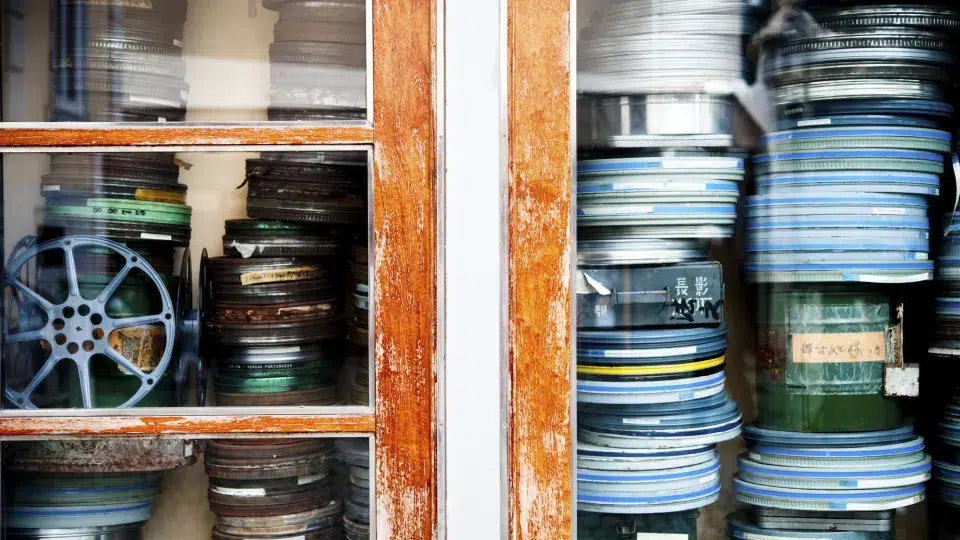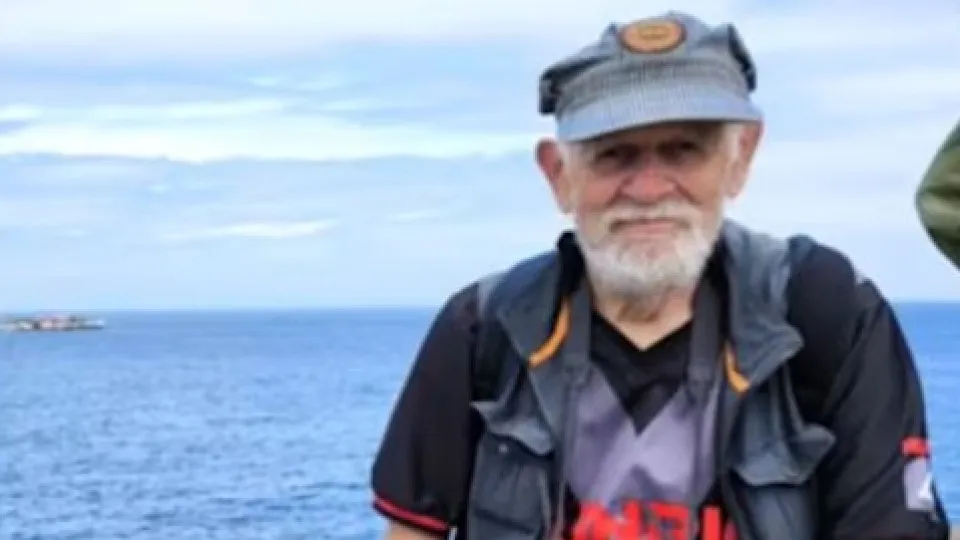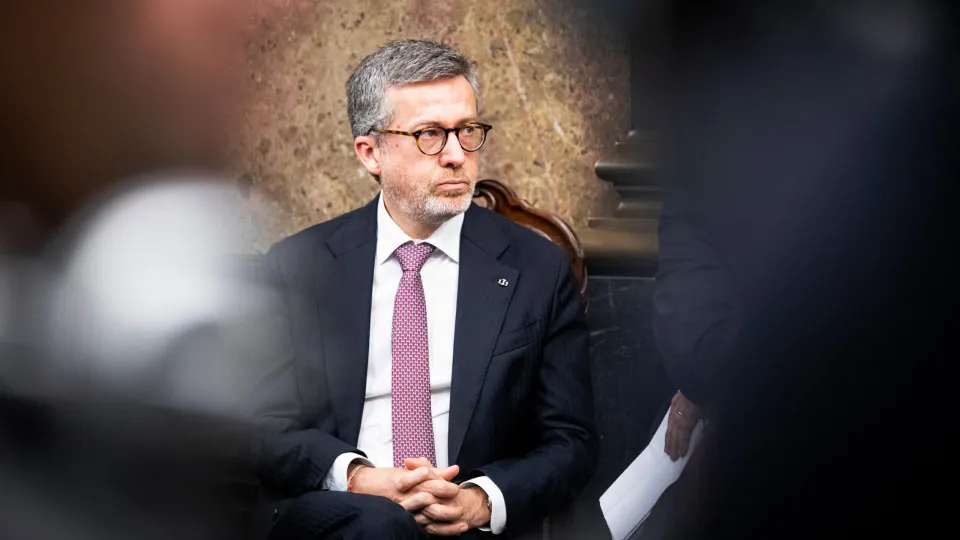
The Lisbon Arab Film Festival, currently underway at Culturgest and the Portuguese Cinematheque until October 4, features a lineup of acclaimed films, including “Happy Holidays” by Palestinian director Skander Copti, winner of Best Screenplay at the 2024 Venice Film Festival, which focuses on a family in Haifa. Additionally, the festival will close with “Aisha Can’t Fly Away” by Egyptian filmmaker Morad Mostafa, a film about a Sudanese woman and her quest for freedom, which was selected for Cannes and nominated for the Camera d’Or.
“From Ground Zero,” an anthology of 22 short films by filmmakers from Gaza on the impact of war, will also be presented. Coordinated by Palestinian filmmaker Rashid Masharawi, it is a co-production between Palestine, France, Jordan, Qatar, and the United Arab Emirates, and received the Cinema for Peace award from the Berlin-based foundation bearing the same name.
The festival showcases a total of 16 films across two sections, most of which are national premieres. The Main Section at Culturgest will present 12 recent films, recognized or selected by festivals such as Berlin, Marrakech, El Gouna, Red Sea, Malmo, Cannes, and Venice, addressing critical social issues like freedom, emancipation, human rights, and migration.
The Retrospective Section at the Portuguese Cinematheque features four classic Lebanese and Tunisian films, significant in the history of Arab cinema. Among them are two films by filmmaker Heiny Srour: “Leila and The Wolves” (1984), which won the Grand Prize at the Mannheim-Heidelberg Festival, and the historical documentary “The Hour of Liberation Has Arrived” (1974), nominated for the Palme d’Or at Cannes, marking the first film by a Lebanese woman. This work chronicles the civil war in Oman through the actions of a democratic and feminist guerrilla movement against the Sultanate.
The retrospective also includes newly restored digital copies of “Seuils Interdits” (1972) by Tunisian Ridha Behi and “La Noce” (1978) by the New Theatre of Tunis, based on Bertolt Brecht’s “The Wedding of the Small Bourgeois.”
In the Main Section, films such as “The Burdened” by Yemeni Amr Gamal, about a family’s survival during the civil war; “The Insult” by Lebanese Ziad Doueiri, on a judicial confrontation; “A Son” by Tunisian Mehdi Barsaoui, depicting a child’s injury in a terrorist ambush; “Thank you for Banking with Us” by Palestinian Laila Abbas, where two sisters confront Islamic law; and “Beirut Hold’em” by Franco-Lebanese Michel Kammoun, set in a deteriorating middle-class neighborhood of Beirut, are included.
Another film in the Main Section is “Frantz Fanon” by Abdenour Zahzah, portraying the life of the psychiatrist and pan-Africanist philosopher, a pioneer in post-colonial studies, when he served as chief physician at Blida-Joinville Hospital and encountered pathologies stemming from oppression and racism in the early 1950s, on the brink of Algeria’s independence war.
The LAFF aims to promote “intercultural dialogue through the universal language of cinema,” presenting “the reality, complexity, and richness of the Arab world,” and overcoming “preconceived notions through a rich selection of films” in a time when cultural diversity and understanding are more crucial than ever.




